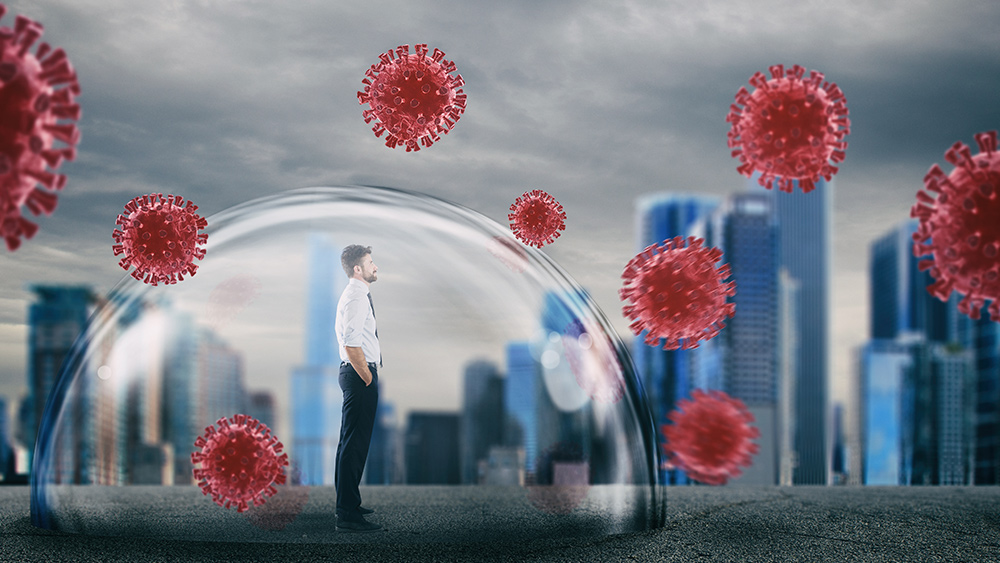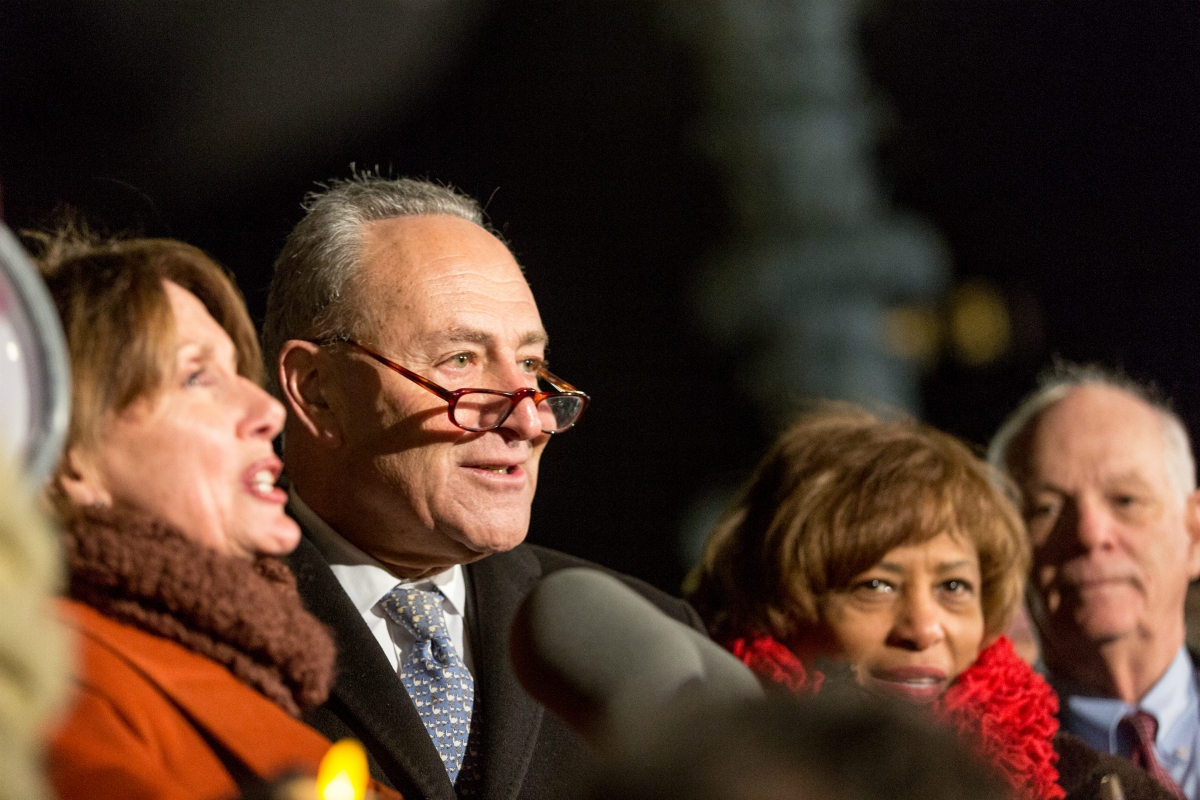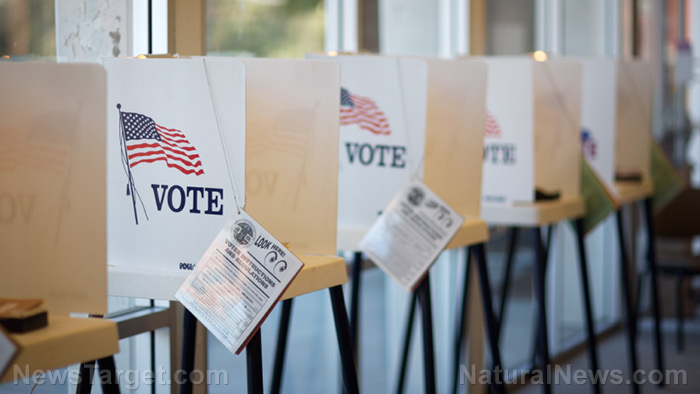Study: People who have recovered from coronavirus retain durable immunity to the disease
08/03/2021 / By Nolan Barton

An Emory University study published in the journal Cell Reports Medicine found that most people who have recovered from coronavirus (COVID-19) retain a broad and durable immunity to the disease, including some degree of protection against its variants.
Rafi Ahmed, the lead author of the paper, said that the findings disproved early reports during the pandemic that protective neutralizing antibodies did not last in COVID-19 patients.
“The study serves as a framework to define and predict long-lived immunity to SARS-CoV-2 after natural infection. We also saw indications in this phase that natural immunity could continue to persist,” Ahmed said. SARS-CoV-2 is the virus that causes COVID-19.
After people recover from infection with a virus, the immune system retains a memory of it. Immune cells and proteins that circulate in the body can recognize and kill the pathogen if it’s encountered again, protecting against disease and reducing illness severity.
The study involved 254 COVID-19 patients between 18 to 82 years old, who provided blood samples at various points for a period of over eight months beginning April last year. About 71 percent of the patients had mild disease, 24 percent experienced moderate illness, and five percent had severe disease.
Ahmed and his team found that most of the patients who recovered mounted a strong and wide-ranging immune response to the virus for at least the 250-day duration of the study. (Related: Study: 2 in 3 Indians have natural immunity against coronavirus, meaning “herd immunity” is already achieved.)
“We saw that antibody responses, especially IgG antibodies, were not only durable in the vast majority of patients but decayed at a slower rate than previously estimated, which suggests that patients are generating longer-lived plasma cells that can neutralize the SARS-CoV-2 spike protein,” said Ahmed.
COVID-19 recovered patients may also be protected against variants and other coronaviruses
The authors said that the natural immunity after recovery from the disease offered some degree of protection against variants. Meanwhile, some studies suggest that COVID-19 vaccines may be slightly less effective against variants.
“The immune response to natural infection is likely to provide some degree of protective immunity even against SARS-CoV-2 variants because the CD4+ and CD8+ T cell epitopes will likely be conserved,” the authors wrote.
COVID-19 recovered patients also displayed stable antibody responses to the other human coronaviruses that cause the common cold, the Middle East Respiratory Syndrome (MERS) or the Severe Acute Respiratory Syndrome (SARS).
“These data are most consistent with the generation of long-lived plasma cells and refute the current notion that these antibody responses to human coronaviruses are short-lived,” the researchers said. “Moreover, the COVID-19 patients mounted increased IgG antibody responses to SARS-CoV-1, a related pathogen that none likely had experienced previous exposure to.”
The Centers for Disease Control and Prevention (CDC) said it is monitoring multiple variants, but only four are of concern since they “seem to spread more easily and quickly than other variants.”
The delta variant currently accounts for over 80 percent of all new sequenced cases in the U.S. Scientists say more research is still needed to confirm if infection with this variant is associated with more severe disease, hospitalization and death. The other three variants of concern, named according to where they were first identified are the UK variant, the South African variant and the Brazilian variant.
All immune-system components found in people who recovered from COVID-19
The long-term immune protection involves several components. Antibodies recognize foreign substances like viruses and neutralize them. Different types of T cells help recognize and kill pathogens. B cells make new antibodies when the body needs them.
All of these immune-system components have been found in people who recovered from COVID-19. But the details of this immune response and how long it lasts after infection have been unclear. Scattered reports of reinfection with SARS-CoV-2 have raised concerns that the immune response to the virus might not be durable.
A study published on Jan. 6 in Science analyzed immune cells and antibodies from almost 200 people who had been exposed to SARS-CoV-2 and recovered.
Drs. Daniela Weiskopf, Alessandro Sette and Shane Crotty from the La Jolla Institute for Immunology led the study. It was funded in part by the National Institute of Allergy and Infectious Diseases (NIAID) and the National Cancer Institute (NCI).
Time since infection ranged from six days after symptom onset to eight months later. More than 40 participants had been recovered for more than six months before the study began. About 50 people provided blood samples at more than one time after infection.
The researchers found durable immune responses in the majority of people studied. (Related: GREAT NEWS: Natural immunity to coronavirus is comprehensive and DURABLE – study.)
Antibodies against the spike protein of SARS-CoV-2 were found in 98 percent of participants one month after symptom onset. As seen in previous studies, the number of antibodies ranged widely between individuals. But their levels remained fairly stable over time, declining only modestly at six to eight months after infection.
Virus-specific B cells increased over time. People had more memory B cells six months after symptom onset than at one month afterward. Although the number of these cells appeared to reach a plateau after a few months, levels didn’t decline over the period studied.
Levels of T cells for the virus also remained high after infection. Six months after symptom onset, 92 percent of participants had CD4+ T cells that recognized the virus. These cells help coordinate the immune response. About half the participants had CD8+ T cells, which kill cells that are infected by the virus.
As with antibodies, the numbers of different immune cell types varied substantially between individuals. But 95 percent of the recovered COVID-19 patients had at least three of five immune-system components that could recognize SARS-CoV-2 up to eight months after infection.
Follow Pandemic.news for more news related to the coronavirus pandemic.
Sources include:
Tagged Under: antibodies, bad medicine, Big Pharma, Brazilian variant, coronavirus, covid-19, COVID-19 vaccine, Delta Variant, immune protection, immune response, immune system, immune-system components, MERS, pandemic, SARS, SARS-CoV-2, South African variant, spike protein, UK variant
RECENT NEWS & ARTICLES
COPYRIGHT © 2018 DECEPTION.NEWS
All content posted on this site is protected under Free Speech. Deception.news is not responsible for content written by contributing authors. The information on this site is provided for educational and entertainment purposes only. It is not intended as a substitute for professional advice of any kind. Deception.news assumes no responsibility for the use or misuse of this material. All trademarks, registered trademarks and service marks mentioned on this site are the property of their respective owners.





















